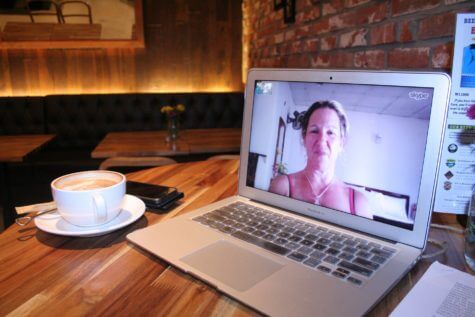BETHLEHEM, Pa. — Just because you don’t live with your husband or wife doesn’t mean that your union is weak, a new study finds.
Researchers at Lehigh University in Pennsylvania interviewed 97 individuals who were part of a “commuter marriage”— an arrangement in which they lived apart from their spouse, often to pursue career goals.

The researchers hoped to explore how the independence of living apart affected the interdependence of a conventional marriage, largely because the two factors seem to be in inherent conflict.
Most of the participants studied were college-educated and part of a dual-earning couple, as commuter marriages are more common among this demographic. In addition, a majority of the individuals studied were examined as a couple— i.e., their partner was also part of the study.
Despite their physical separation, the researchers found that individuals in a commuter marriage still reported being highly interdependent. Many participants expressed how they would co-manage tasks from different locations, and nearly half still felt intimately connected to their partner from afar through a phenomenon known as “apart togetherness.”
“Commuter marriages may be viewed as an extreme manifestation of major transitions in the nature of work and family that have been taking place in the U.S. since the 1970s,” says study author Danielle Lindemann, an assistant professor of sociology, in a university news release.
“The study results not only shed light on this under-studied population but also broaden our understanding of the evolving cultural meaning of marriage,” she adds.
Perhaps most surprisingly, 15.5 percent of participants paradoxically said that they believe their living apart enhanced their interdependence with their partner.
“Some went so far as to suggest that their communication with their spouses in fact improved when they were geographically separated,” says Lindemann.
To further touch on the perception of connectivity in commuter marriages, there were surprising answers to an inquiry the researchers posed: “What do you like the most about being married?”
The most common responses were “enjoying each other’s company” (41.3 percent of participants) and “companionship” (30 percent).
Many cited the proliferation of communications technologies— e.g., email, texting, video chat, instant messaging— to help bridge the geographical gap within a commuter marriage.
The study’s findings were published in the Journal of Marriage and Family.

Comments
Comments are closed.